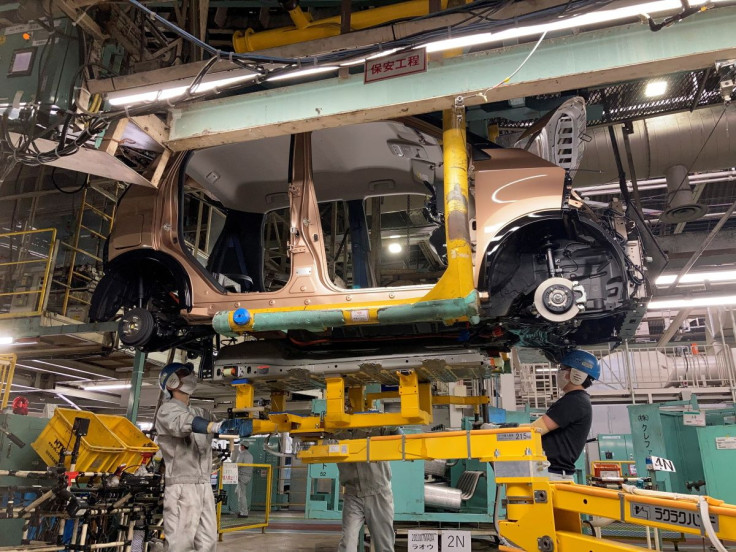Japanese Researchers Revolutionize EV Battery Tech With Cobalt-Free Breakthrough

A team of researchers from the University of Tokyo has successfully designed a lithium-based electric vehicle (EV) battery that does not use cobalt.
The researchers unveiled their findings in a study published in Nature last week. The new battery design replaces cobalt with a mixture of silicon and graphite to form the electrode, which is responsible for intake and discharge of electricity. Their design uses "far more common and less problematic elements to produce and work with" than current widely-used EV batteries, according to the researchers.
The new battery design outperformed cobalt EV batteries in several key metrics, including energy density, which determines a battery's longevity.
"We are confident that this research will lead to improved batteries for many applications," Professor Atsuo Yamada, the project's lead researcher, said in a press release. "We still have some way to go," Yamada said, adding that further research is necessary to achieve commercial scalability.
Cobalt's Controversial Impact
Cobalt is one of the rarest and most environmentally intrusive components in the EV value chain. Approximately 70% of the world's cobalt supply is produced in the Democratic Republic of the Congo, where miners have faced numerous allegations of child labor, hazardous working conditions and destruction of local ecosystems.
"The problem of child labor in the mining of this toxic mineral is a severe ethical and health concern," the researchers noted in their report.
Global cobalt demand was 187,000 metric tons in 2022, equivalent to a $6.2 billion market at current prices of around $30,000 per ton, before considering value-added industries. Cobalt stands as the Democratic Republic of the Congo's second largest export product.
Outlook For The Electric Vehicle Battery Chain
Cobalt demand is projected to increase nearly exponentially alongside the demand for electric vehicles over the next decade. Eliminating the use of cobalt in EV batteries would help alleviate environmental concerns associated with the expansion of EV production, to an extent that depends on the speed and scope of the adoption of this new technological development.
This development will not immediately force policy shifts in governments seeking to secure access to EV battery components. On Monday, China announced plans to boost its strategic stockpile of cobalt by 3,000 tons after prices fell over the weekend. The U.S. Department of Energy officially lists cobalt as a strategic metal due to its vital role in the existing EV value chain.
While the pace of change toward cobalt-free EV batteries may be uncertain at present, the findings from the University of Tokyo are poised to substantially alter the EV market in the coming years.
© Copyright IBTimes 2024. All rights reserved.






















